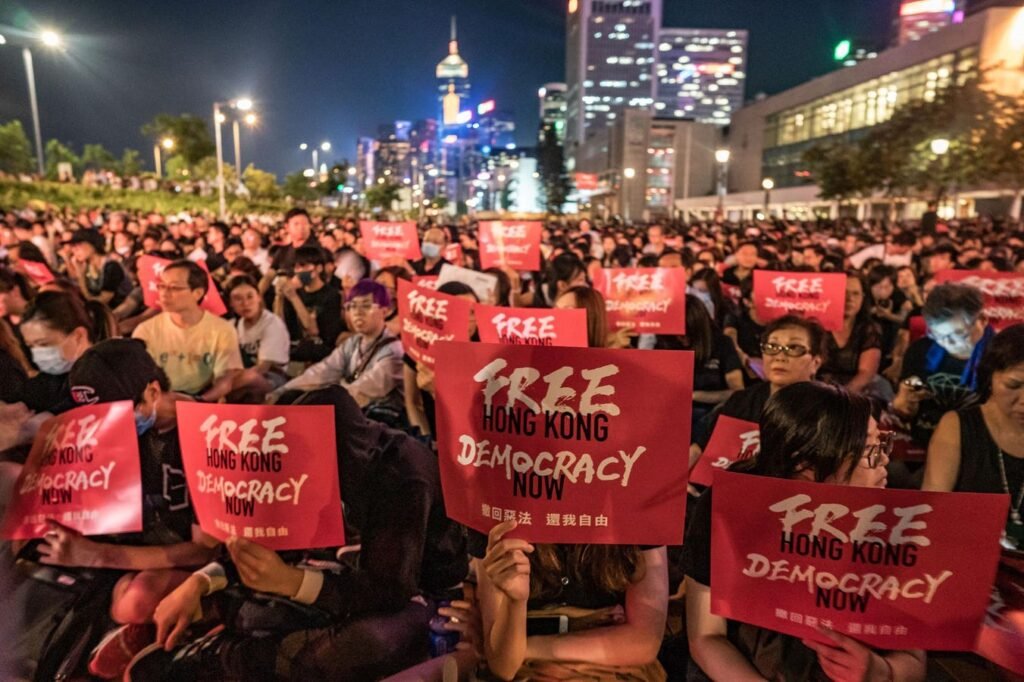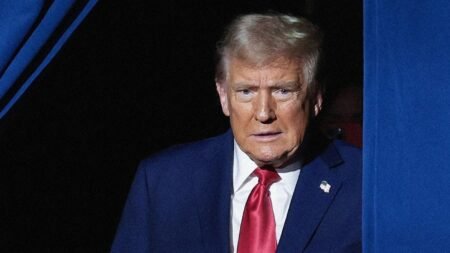The recent developments in global economics have raised concerns about the direction of globalization. The collapse of globalization is starting to show its impact on peace, low inflation, and international prosperity. With the world becoming more interconnected, the concept of globalization is being challenged by shifting dependencies and political tensions between major global players like the US, Europe, and China.
Two key encounters last week further brought the issue of globalization to the forefront. A heated discussion with a former German economic minister who predicted a new wave of globalization seemed unrealistic given the complex economic relationships between countries. Additionally, a meeting with Prof Barry Eichengreen highlighted the challenges facing globalization, particularly in terms of trade, financial flows, and the changing dynamics of global markets.
While trade and capital flows may still reflect globalization, other aspects such as the movement of people, tourism, education, and ideas are facing barriers. The breakdown of global institutions like the IMF and WHO further indicates the decline of the globalized world order. The fall of communism and the erosion of democracy in Hong Kong are seen as significant events marking the end of an era of globalization.
Discussions with experts like Chris Watling from LongView Economics suggest that the world is transitioning from the globalization era to a new economic regime. This transition, known as the Interregnum, will involve breaking down existing imbalances and creating new institutions and technologies to support future economic growth. This period of change is expected to be chaotic and uncertain, requiring careful consideration of the future direction of global economics.
As globalization fades into history, it is crucial to start thinking about the future and how to navigate the challenges and opportunities presented by the changing global landscape. Accepting the end of globalization and embracing the possibilities of a new economic era will be essential for policymakers, economists, and business leaders in shaping the future of international relations and economic prosperity.











